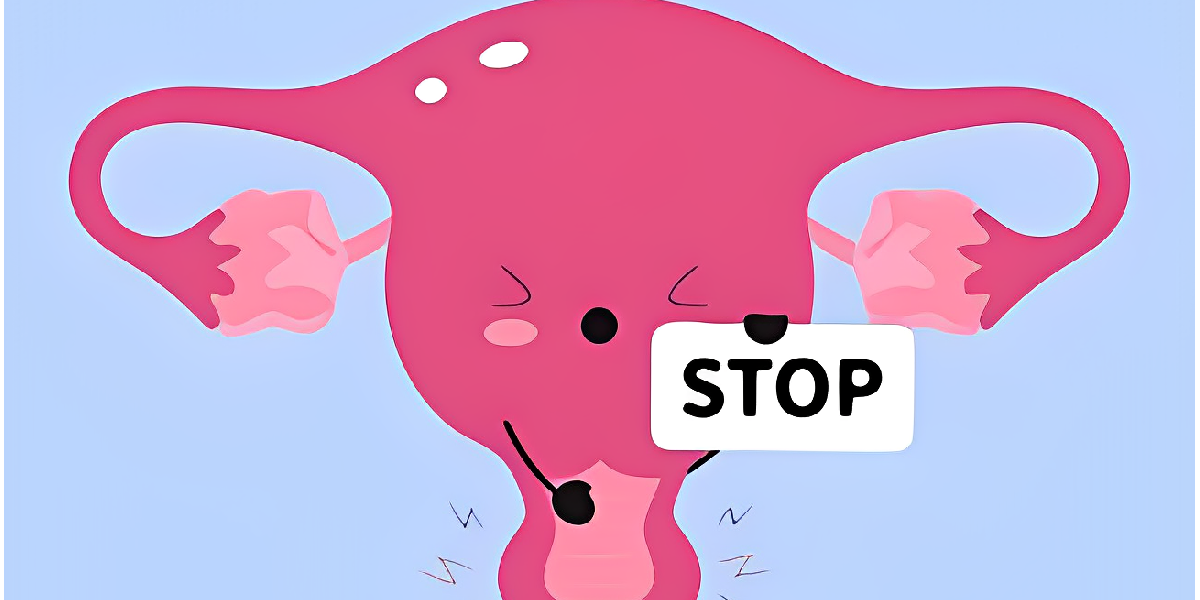© Copyright 2018. All Rights Reserved.
Greetings
A beacon of hope for couples or individuals seeking to conceive is In Vitro Fertilization (IVF) in the world of assisted reproductive technology. In IVF, however, a number of factors influence the success rate, each having a significant impact on the outcome. Providing insightful and knowledge-filled insight into these multifaceted elements, this guide offers a comprehensive exploration of IVF's many aspects
How age affects us
The age of the couple is undeniably one of the most significant factors influencing success rates in IVF. Various biological factors contribute to the decline of female fertility with age, notably both a decrease in eggs' quantity and quality. Statistics consistently show that IVF is more successful for women under 35, whereas older women have more difficulty getting pregnant. It is important for individuals to understand that there is a correlation between age and fertility in order to set realistic expectations and plan their IVF journey accurately.
It is true that age can pose challenges to fertility treatments, but advances in reproductive medicine, along with a thorough understanding of the hormonal profiles of individuals, are making it possible for individuals of varying ages to achieve IVF success rates and achieve their dream of parenthood. Especially when it comes to age-related hormonal changes, patient-healthcare professional collaboration remains critical to navigating fertility treatments and optimizing outcomes.
Women's age influences the success of IVF:
Reserve of ovarian cells and quality of eggs:
A woman's ability to produce eggs diminishes as she ages.IVF success rates are significantly impacted by this decline.The eggs produced by younger women present a greater chance of fertilization and development into viable embryos during IVF because they have a higher quality.
Rates of implantation:

Embryos implanted in the uterus are more responsive to the uterus as it ages.IVF success rates may be reduced among older women due to age-related changes in uterine linings, which might impact embryo implantation.
Rates of live birth:
Statistics consistently show that women's live birth rates decline as they age during IVF cycles. The success rates for women under 35 are generally higher than for women over 35 or over 40, with the rates declining significantly after those ages.
The effect of male age on IVF success:
Qualitative characteristics and DNA integrity of sperm:
Although men produce sperm throughout their lives, their sperm quality can decline with age, especially motility, morphology, and DNA integrity. IVF success rates are influenced by these factors.
Abnormalities resulting from genetics:

It has been shown that a paternal age of over 50 is associated with a higher risk of genetic defects in embryos, which has been shown to impede the success of IVF and possibly negatively affect the offspring's health.
How Lifestyle Choices Contribute to Health
In addition to age, lifestyle factors also play an important role in IVF success. Several unhealthy habits can have a significant impact on fertility, such as smoking, drinking too much alcohol, and being obese.

In addition, a balanced diet can boost reproductive health, since it promotes fertility as well as providing a healthy diet. It is also important to manage stress levels and exercise regularly in order to have successful IVF treatments.
Conditions that may affect your treatment and preexisting medical conditions
IVF success can be significantly affected by pre-existing conditions and existing reproductive issues. There are a number of health conditions that pose challenges to successful fertility treatments, such as polycystic ovary syndrome (PCOS), endometriosis, and sperm quality issues.
-2023-11-16-65563e23e9131.png)
Further, hormonal imbalances or previous reproductive complications can affect the IVF process. To maximize the chances of success, diagnose these conditions before beginning treatment, manage them appropriately, and devise tailored treatment plans that address their specific needs.
Clinical expertise and treatment protocols
In IVF, there are many choices of treatment protocols, such as intracytoplasmic sperm injection (ICSI) or preimplantation genetic testing (PGT). An important factor in the success of your fertility treatment is the knowledge, expertise, and approach of the fertility clinic you choose. It is important to research and find a clinic with a proven track record and experienced professionals in order to make your IVF experience as successful as possible.
Support in terms of emotions and psychology

We cannot overstate how emotionally draining IVF can be. It is common for mental health to suffer during the journey, filled with anticipation and uncertainty. It is also possible to contribute indirectly to IVF's success by receiving strong emotional support from partners, family, friends, and a professional counselor.
Lastly,
IVF success is influenced by an intricate dance between age, lifestyle, medical factors, treatment protocols, and emotional support. In order to make informed decisions and actively participate in their fertility journey, individuals or couples undergoing IVF need to understand the importance of each element. It is important to consult a fertility specialist for personalized guidance and support tailored to each individual's needs, even though this guide provides a comprehensive overview.

A successful IVF journey requires not only understanding but also patience, resilience, and hope in navigating these complexities. Each individual's journey to parenthood through IVF is unique, and with the right information and support, it's possible to achieve it.
Recent Post
-

Intrauterine insemination (IUI) Success Tips: Enhance Your Fertility
-

The Connection Between HCG Hormone and Pregnancy: Explained in detail
-

Conquering Asthenozoospermia: Strategies for Male Fertility Success
-

Embracing Sensuality with Vaginismus: Strategies and Support
-

Understanding Endometriosis: Symptoms, Causes & Management | Guide





